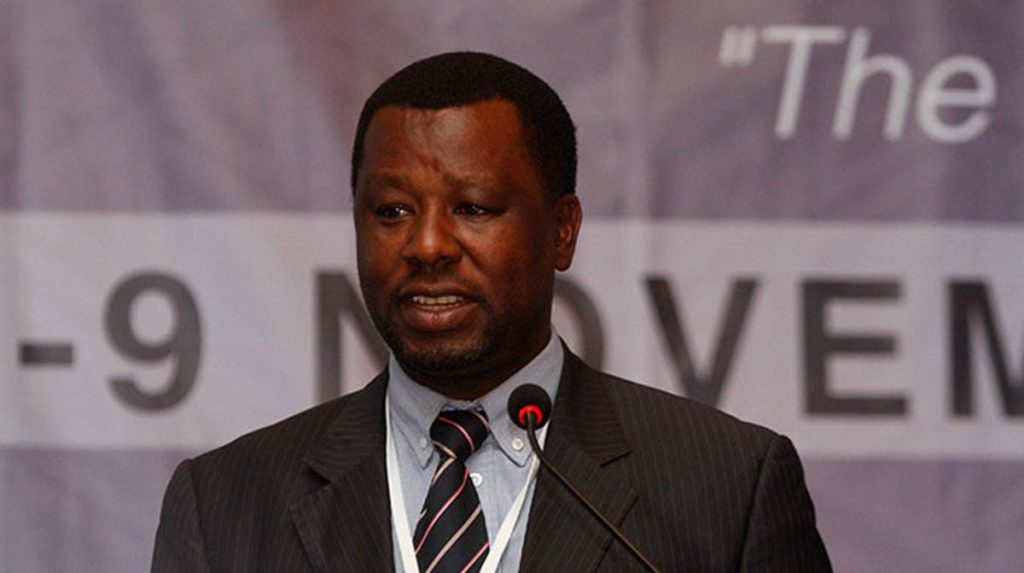Government through the environment ministry, undertook a two-day stakeholder engagement in Nyanga to deliberate on how the country can collectively advance the climate change mainstreaming agenda towards building resilience in a low carbon trajectory.
This comes as there is a need to enhance the capacity of heads of ministries underpinning vulnerable sectors of the economy such as energy, agriculture, health, national housing, local government, transport, mining, women affairs and public service among others on this significant subject.
Permanent secretary in the environment ministry Munesushe Munodawafa reiterated that as part of the mainstreaming of climate change in development planning it is important to have the buy in of policy makers and heads of ministries who drive national and sectoral growth on the pertinent climate change issues to enhance proactiveness and preparedness to climate change related impacts.
“As a country we have standing commitments on greenhouse gasses emissions reduction to the United Nations Framework Convention on Climate Change (UNFCCC) which Zimbabwe has been part of since 1992.
“It calls for an urgent need to ensure our national and sectoral policies speak to clean development, green growth, and resilience,” Munodawafa said in Nyanga recently.
The world is going green and eventually those economies that pursue green growth pathways will have the cutting-edge advantage.
The deputy director in the climate change department Kudzai Ndidzano who was also part of the engagement, stated the need for stakeholders to adhere to a low emissions development strategy (LEDs).
“The implementation of identified measures calls upon every sector to play its part through facilitative policies, strategies and investments in respective sectors,” Ndidzano said.
Furthermore, the impact of climate change may not be overemphasised with aspects of extreme weather events such as flooding and droughts on the increase in recent years.
Rainfall seasons are increasingly becoming uncertain, threatening livelihoods and economic performance.
The situation is worsened by the correlation between rainfall and Gross Domestic Product (GDP) performance and there are calls for urgent climate action.
The government has responded to this urgent need by facilitating an enabling environment for climate change programming in the country.
President Emmerson Mnangagwa was recently invited to this years’ 2021 United Nations Climate Change Conference, also known as COP26 slated for November this year.
This goes to show how climate action is the main subject globally and how significant it is for the resilience of economies going forward.
